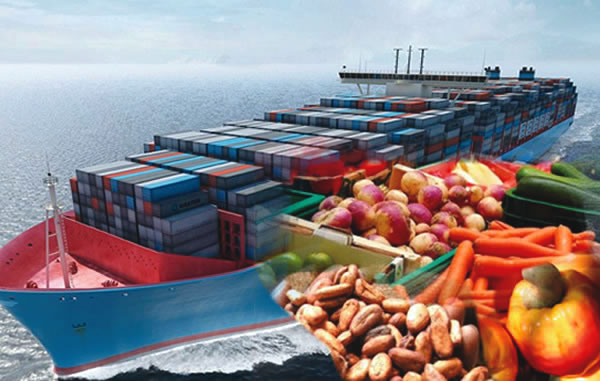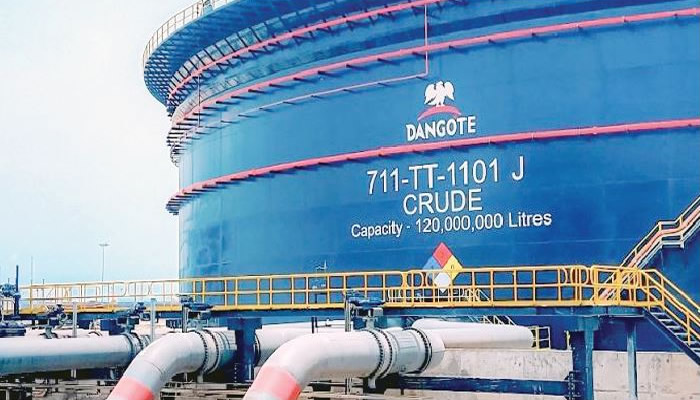
Keep up with the latest news and be part of our weekly giveaways and airtime sharing; follow our WhatsApp channel for more updates. Click to Follow us
Stakeholders in Nigeria’s agriculture sector are optimistic about the launch of the Special Agro-Industrial Processing Zones (SAPZ) programme, which promises to improve agro-exports, boost food sufficiency, and transform farmers into wealth creators. The Federal Government launched the SAPZ programme’s first phase in Kaduna State, with the African Development Bank committing $538 million to the project.
For further information, read more details here
Tunde Banjoko, Chairman of the Lagos Chamber of Commerce and Industry Agriculture and Allied Group, described the SAPZ as “a fantastic idea” that addresses a major gap in Nigeria’s agricultural value chain. “It is a good initiative, empowering farmers who will be producing for the factories,” he stated. Banjoko noted that the program’s sustainability lies in the shared commitment from states and the private sector, saying, “It’s not just a matter of handing out money; there is shared commitment from the states and the private sector, which makes the model sustainable.”
The SAPZ program aims to tackle the perennial problem of factory shutdowns due to lack of inputs by situating processors close to raw material sources. Banjoko added, “There’ll be enough for us locally, and most of our factories that always shut down because of raw materials—I think this will address that. This is likely to increase our agro-exports in the long run.”
Kabir Ibrahim, President of the All-Farmers Association of Nigeria, aligned with Banjoko, saying the programme would be “a game-changer for smallholder farmers” if well managed. “We welcome the programme because what it is doing is to enable us to add value to what we produce,” he said. Ibrahim highlighted the programme’s potential to solve Nigeria’s industrial energy challenges, stating, “The processing zone will create its power. The energy component is a threat factor because diesel is very costly. But in the processing zone, all these problems are taken care of.”
Ibrahim further noted that the SAPZ model mirrors successful agricultural clusters in countries like the United States, where farmers benefit from collective processing and mechanization. “With time, a lot of value will be given to agricultural produce, and there will be a growth of agribusiness,” he said. “Most farmers that are looked upon as poor will now become rich.”
Please don’t forget to “Allow the notification” so you will be the first to get our gist when we publish it.
Drop your comment in the section below, and don’t forget to share the post








